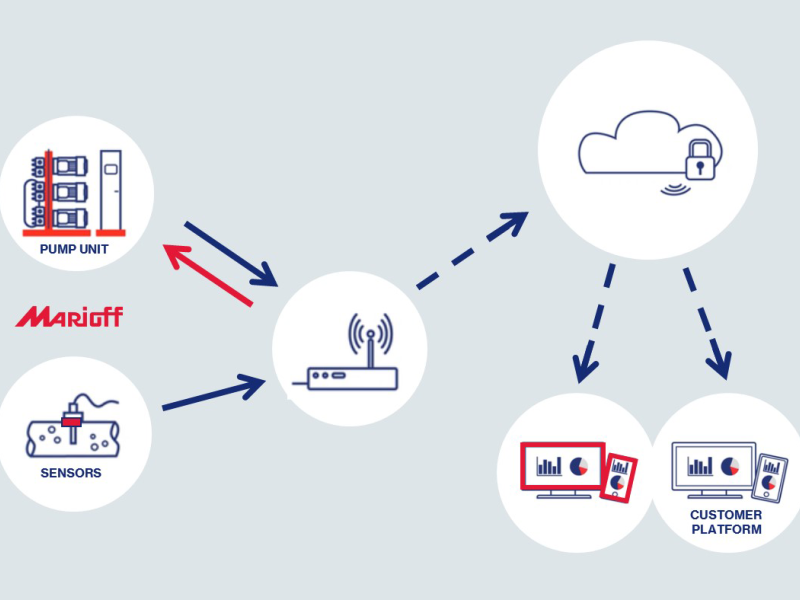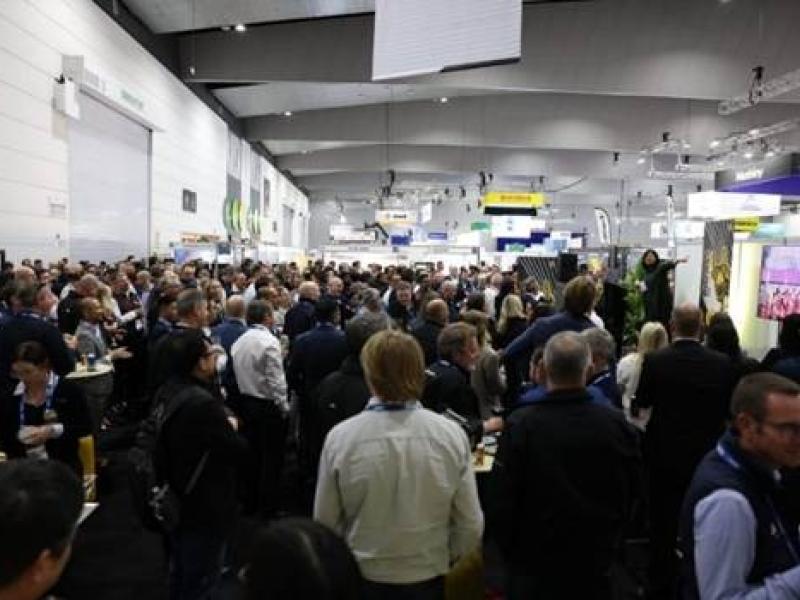John Broadbent, Industry 4.0 specialist, Fortude, and Andy Buckle, Industry Strategist, Infor share insights
With global enterprises looking for ways to improve their business performance and enhance capabilities across various sectors, it is no secret that Industry 4.0 has become one of the most discussed topics amongst industry professionals.
During these discussions, much can be learned about the undiscovered possibilities that can benefit global infrastructures. Fortude and Infor sat down to discuss the great potential of industry 4.0, primarily within the food and beverage sector, and what we can expect from the future if this new age of technology is implemented.
Evolving with new technologies
The term ‘Industry 4.0’ was coined in Germany in 2011, referring to the fourth industrial revolution. It is the convergence of very specific technologies that have been implemented in manufacturing over the years.
Where Industry 3.0 offered computerisation and the ability to get onto a network, industry 4.0 opens up those same technologies, but with the need for certain infrastructures in place: Wi-Fi, LANs, firewalls, switches, cyber security and more. These cyber-physical systems provide the ability to see what is going on in any process, namely on a dashboard, where information can be monitored in real-time.
Despite the clear benefits that newer technologies have presented, many companies are hesitant to adopt them for fear of uprooting their existing systems.
John Broadbent, Industry, 4.0 Specialist at Fortude, made it clear that Industry 4.0 does not necessitate changing the entire business's inner workings all at once. He expressed that leadership needs to commit to the journey of digital transformation, and plan how they will do it. This journey will not only allow companies to store information for later use, but it also let them merge this information and technology with new or existing systems, as they will now learn what needs attention within each of their internal processes.
Adopting a circular economy with Industry 4.0
Many industries are fighting to uphold a more circular economy, especially now that consumers are more informed about sustainability efforts and want to know far more about theIr purchases originated.
Traditionally, information on purchased food has been kept in silos, but now, some organisations are leveraging blockchain technology so that information can be uploaded as an open trail they can give to their customers. This means that they can see the supply chain history of any products and understand the impacts along the chain.
John explained, “The circular economy will not be driven by government but by industry, so the social, environmental and sustainable responsibility lies heavily with manufacturers, so that their waste streams can be repurposed, recycled and used by others, and that minimal non-recyclable waste is being produced.”
He went on to say that transformation journeys in manufacturing are said to provide a 10% increase in production output, 11% in capacity utilisation, and a 12% increase in labour productivity.
Infor and Fortude agree that unless the resources used are being measured, knowing how much waste is produced and where it is going, will remain unknown. Both express that Industry 4.0 is a great opportunity to combat that, where storing and collecting information can be analysed to make better decisions. Using this technology, the F&B manufacturing industry will be able to reduce energy consumption and waste production and improve customer relations.
Happy workforce and happy customers
Leveraging Industry 4.0 technologies such as the Industrial Internet of Things (IIoT), networks and cloud computing, and cyber-physical systems within F&B manufacturing allows for processes to become more streamlined and helps manufacturers to stay resilient and responsive during production issues, labour shortages, or supply chain disruption. This also means improved products, greater satisfaction in the workforce and better customer experiences.
John went on to describe how the ultimate goal for Industry 4.0 is to keep the customer happy, among other things. He says: “I believe it’s twofold. Companies need to have a good culture. Good culture brings in good talent; good talent then secures the customer base because the customers are then dealing with the organisation, as it’s culturally aligned with their values.”
“We need to be mindful of who our customers are and what they want from us. People want to know where their money is being invested and we need to be far more aware of our requirement to become more sustainable.”
Andy Buckle, Industry Strategist at Infor, adds to this by saying: “With this new technology that's available now, with the cloud-type delivery where you can get things up to market very quickly, and with the cost a lot less than it used to be, we are finding that smaller companies are realising this is an area that they should capitalise on - not as an optional channel but an additional channel to their business.”
This article contains excerpts from Fortude’s webinar, ‘An Industry 4.0 Perspective | The Digital Foundation for Smart Manufacturing in Food & Beverage’.






